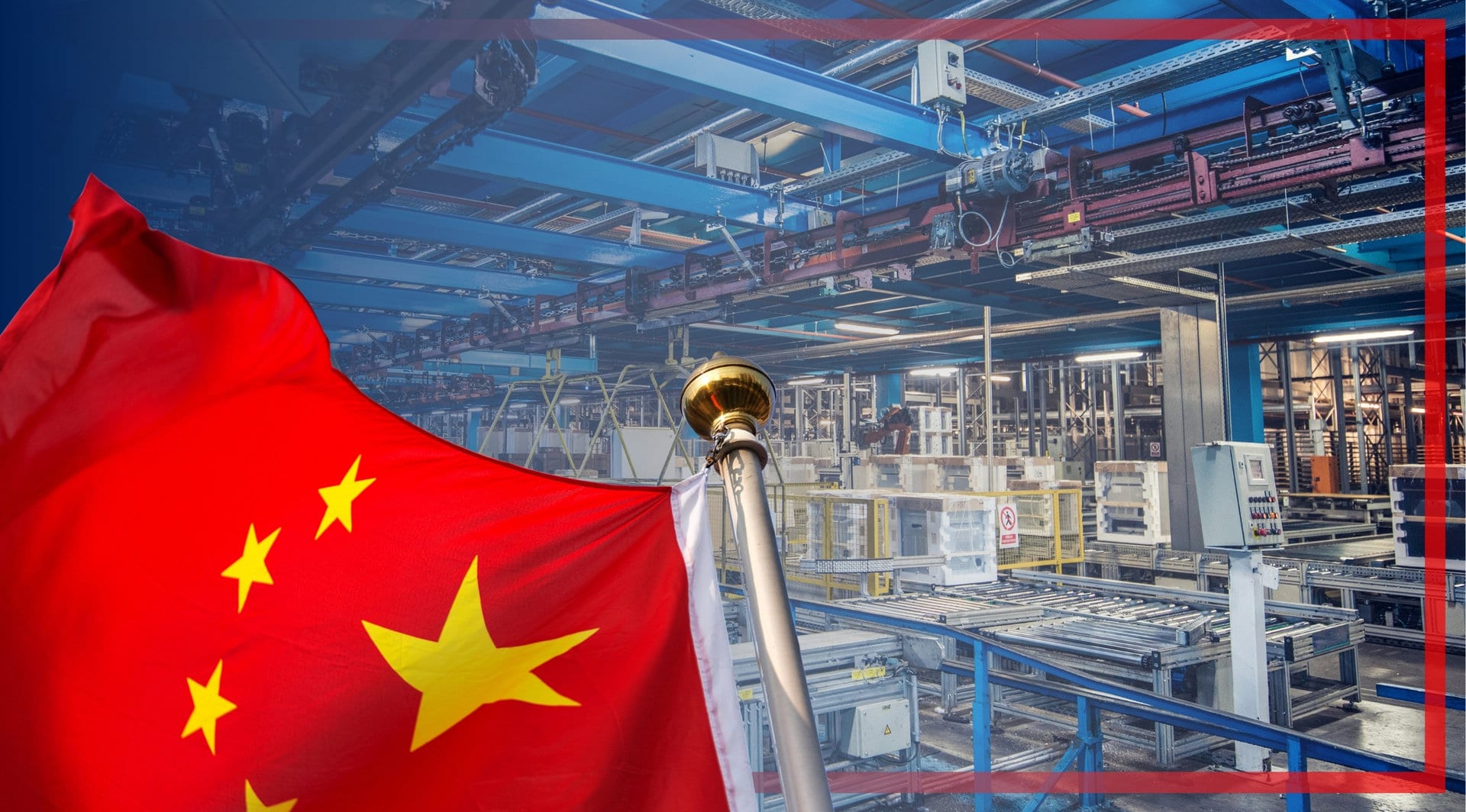For some time, common wisdom on markets has been that China is teetering on the economic precipice. Take a glance at the headlines on any one day and, chances are, there will be something around China’s economic gloom.
Just a couple of days ago, the Financial Times ran a piece about Fitch Ratings downgrading China’s long-term outlook to negative. Fitch has said that China’s transition away from “property-reliant growth” as a source of increased economic uncertainty.
This is somewhat strange as, for several years now, China has been written off by the very same people, owing to the troubles being experienced by its bloated real estate sector. Since 2021, more than 50 Chinese property developers have defaulted on their debt, including two firms that once dominated the entire property market, Evergrande and Country Garden.
The developer’s woes are part of a two-year real estate liquidity crisis that began with the default of developer China Evergrande in 2021https://t.co/fe9mUzzyhb pic.twitter.com/CanaXbQKYx
— Financial Times (@FinancialTimes) August 30, 2023
This has proved to be a much broader problem for the Chinese economy because real estate has been one of the primary driving forces of Beijing’s rapid, often double-digit annual growth rates. In some years it has accounted for as much as 20% of GDP. However, given much real estate activity in recent years has become speculative and fuelled by cheap borrowing, China’s real estate sector has become a bubble.
Beijing aims to rectify this by diverting capital away from speculative industries such as real estate, and into much more productive industries. The New York Fed recently released analysis showing that China is committing considerable resources to manufacturing, with Chinese leaders shifting in rhetoric to emphasise the importance of industrial policy in boosting growth.
The New York Fed indicated that China could experience a boom in manufacturing output in a very short space of time. Their analysis suggests that manufacturing, which currently accounts for around 14% of GDP, could represent 19% of the Chinese economy by 2026 – in just two years. This would represent an explosion of Chinese manufacturing capacities (and one which, incidentally, the New York Fed fears could drive up inflation in the States).
China’s effort to boost manufacturing could put “meaningful upward pressure” on US inflation, the NY Fed says https://t.co/suHBo5KwmE
— Bloomberg Economics (@economics) March 30, 2024
Shifting Chinese economic activity away from speculative real estate bubbles and into more productive and profitable manufacturing would be a boon for Beijing, not a risk as the FT and others would have you believe.
China has signalled its intention to burst speculative bubbles and drive capital into more strategic industries several times recently. Earlier this year, China launched the CSI A50 Index in Shanghai, which is less dominated by financial services and more influenced by sectors such as healthcare and energy. The authorities in China have indicated this is an attempt to channel more capital from domestic traders and international investors into sectors it considers to be of vital importance for the economy of tomorrow.
A similar game is taking place in the real estate sector. China has recognised that public and private capital is being concentrated in an unproductive sector. It is therefore taking strong, government-led steps to divert this capital in a different direction – a direction more aligned with China’s long-term goal of “common prosperity.”
In any other market, commentators would welcome such efforts to diversify the economy, improve industrial policy, and put the economy on a firmer long-term footing. But the narrative at the moment is that China is doomed and that is what Fitch and the FT are sticking with for now.
Author: Harry Clynch
#China #RealEstate #Evergrande #CountryGarden #Manufacturing #CSIA50















